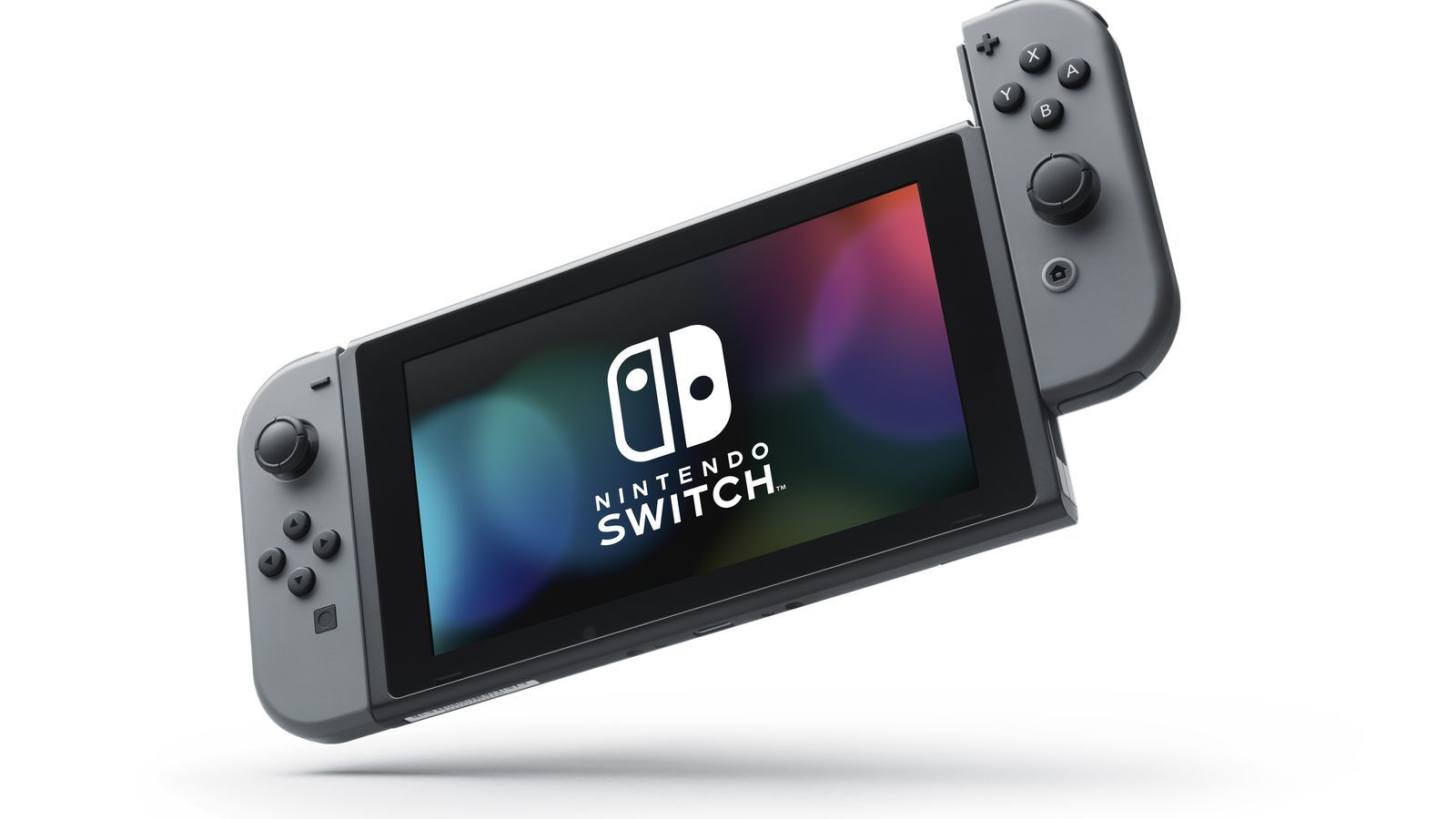Alongside June's software sales charts, the NPD group revealed some interesting information regarding the sales of hardware over the same period in the United States. For the first month since February, and since the pandemic really started to become a problem, console sales have dropped. The group reports that when compared to sales in June 2019, the dollar value of hardware sales dropped by a substantial 17%.Now it's no major surprise that hardware sales have started declining with the imminent releases of both the PlayStation 5 and the Xbox Series X, however the fact that sales were 17% down is fairly significant. The figures are night and day when comparing it to the 3 prior months where in May hardware sales were up 56% year on year, in April where they were up a whopping 162% year on year and March they were 63% up year on year.
Alongside the fact that new consoles are coming, the drop in sales is also likely caused by the fact that America is reopening from the pandemic and people are heading back to work, rendering gaming as less of a necessity. Additionally, manufacturing has been an issue for many companies this year due to the coronavirus, meaning that there are still shortages. A lack of consoles for sale means that overall totals should be expected to be lower.
Mat Piscatella, an industry analyst for the NPD Group reported that the "Nintendo Switch was once again the best-selling hardware platform of June in both unit and dollar sales." Unlike the drop in sales, it's no surprise that the Nintendo Switch is still flying. It's been notoriously difficult to come by since the launch of Animal Crossing: New Horizons, however, has recently been more readily available in retailers across the U.S. and all over the world. Alongside the increase in stock, Nintendo isn't releasing new consoles in the immediate future like both Sony and Microsoft.
It's not all doom and gloom in the hardware market however, as Mat Piscatella also reported that while console sales have dropped in June, "Year-to-date spending has increased 25 percent compared to a year ago, to $1.6 billion." That's nothing to scoff at.

